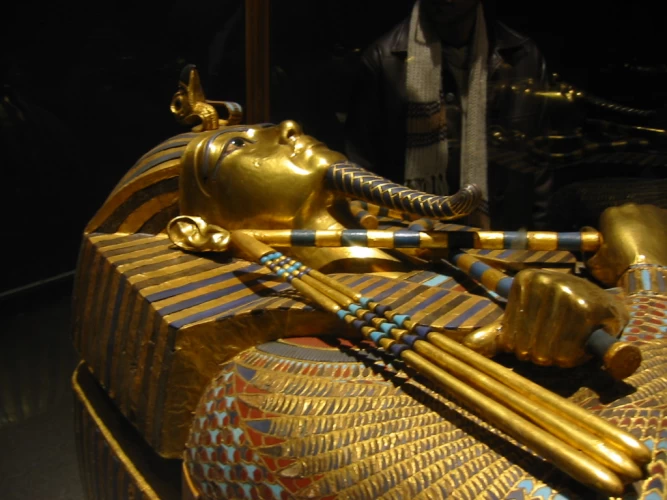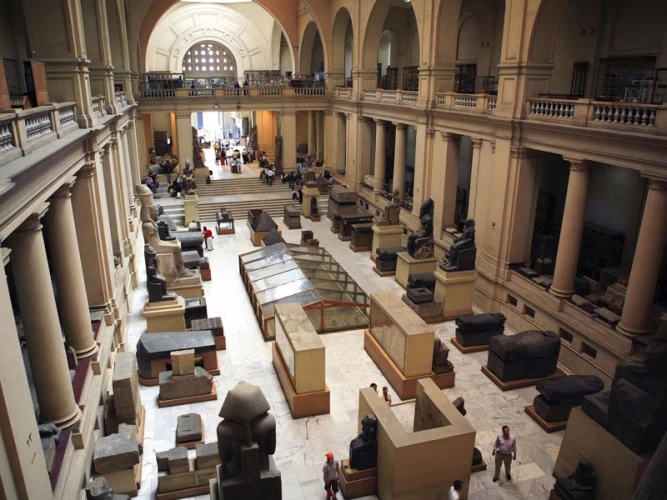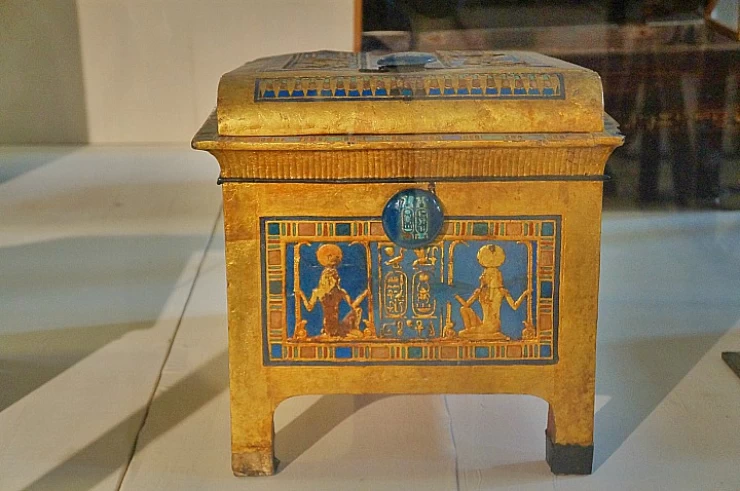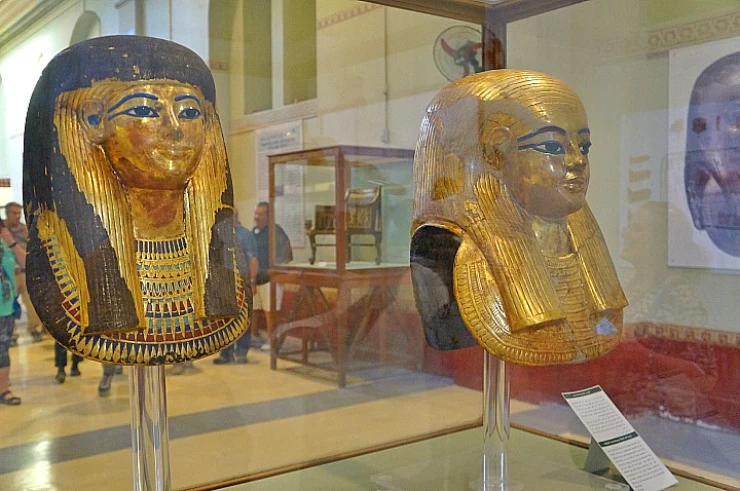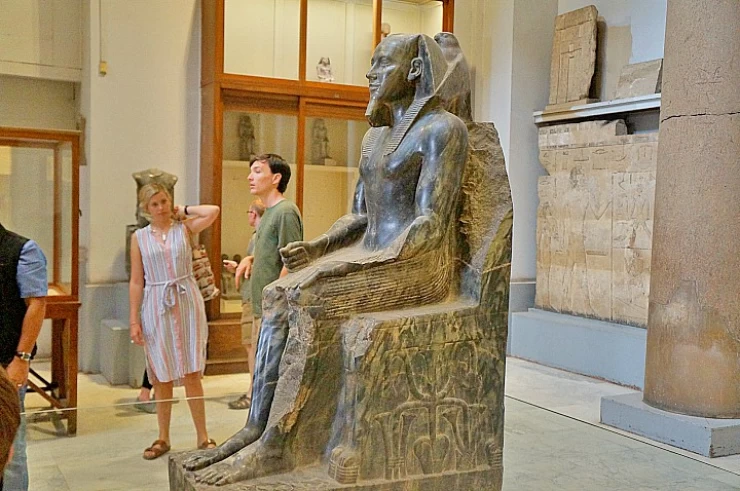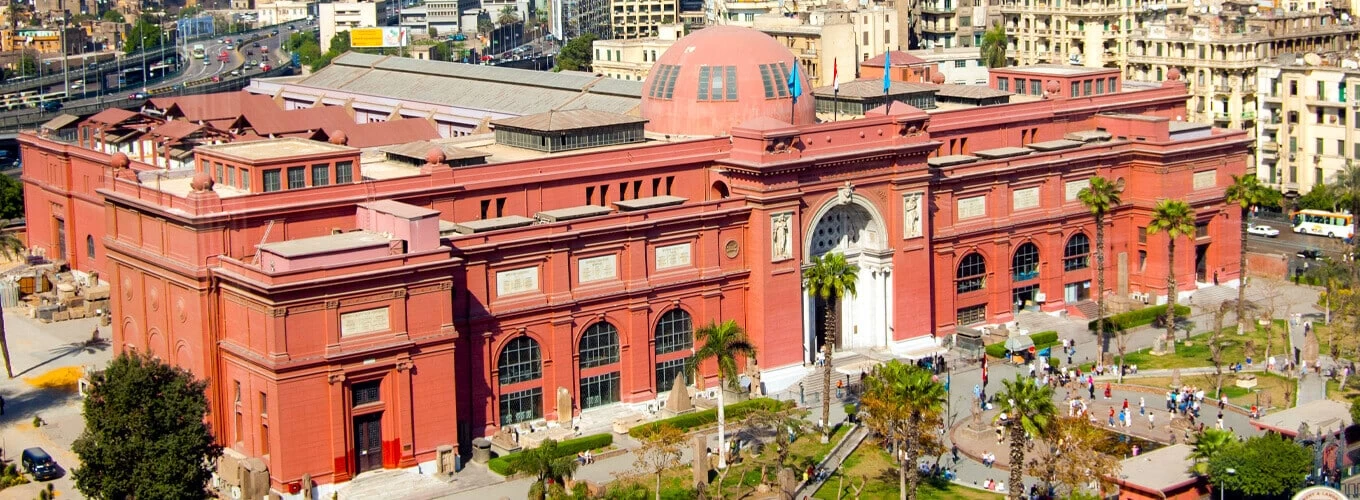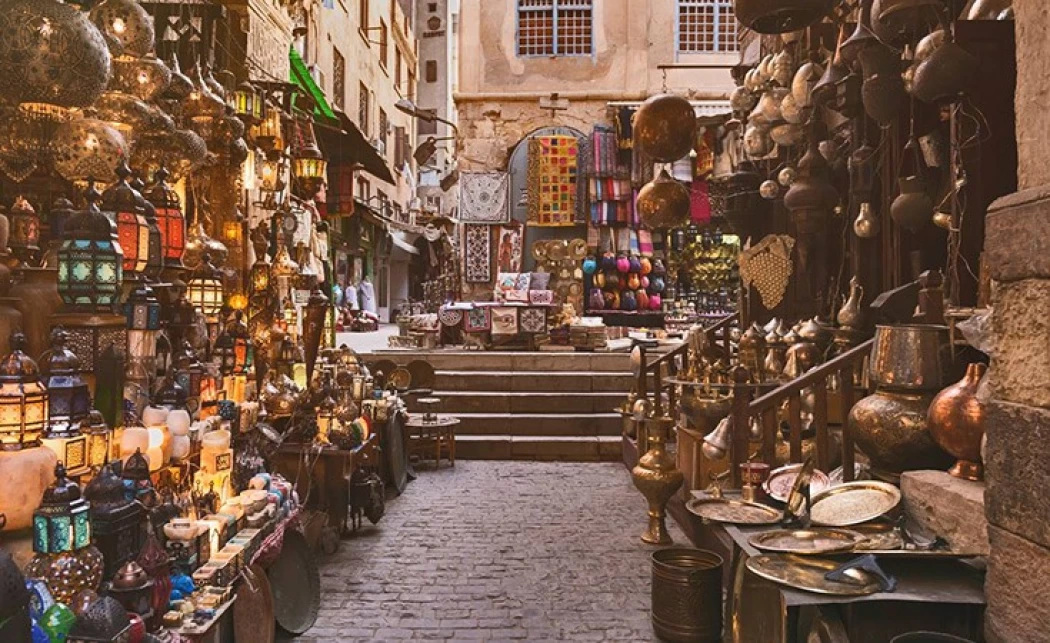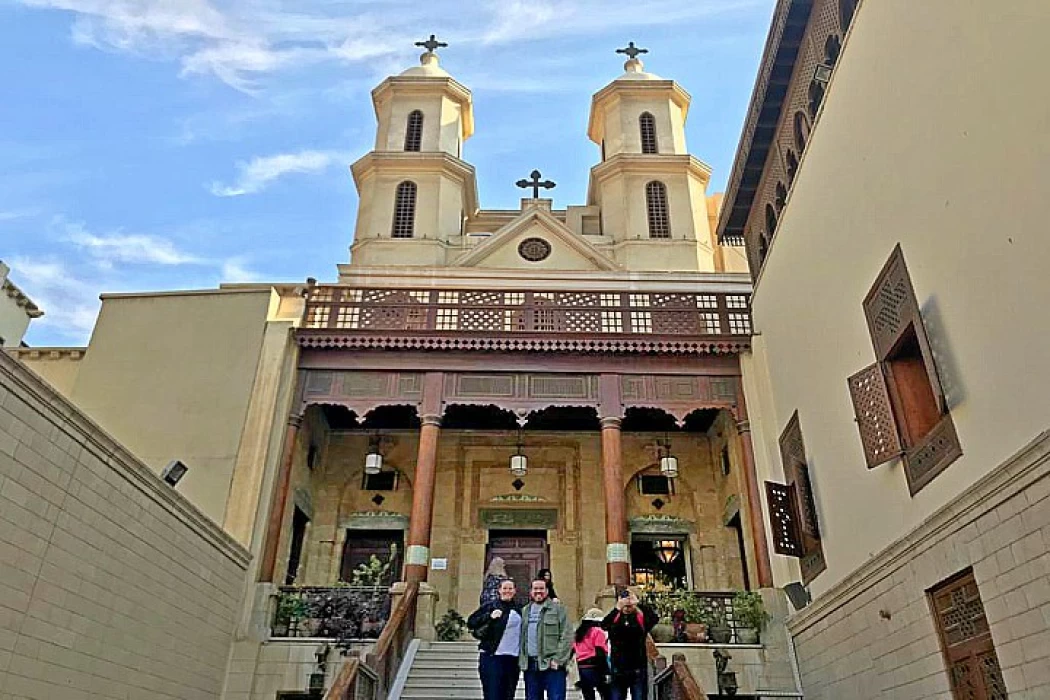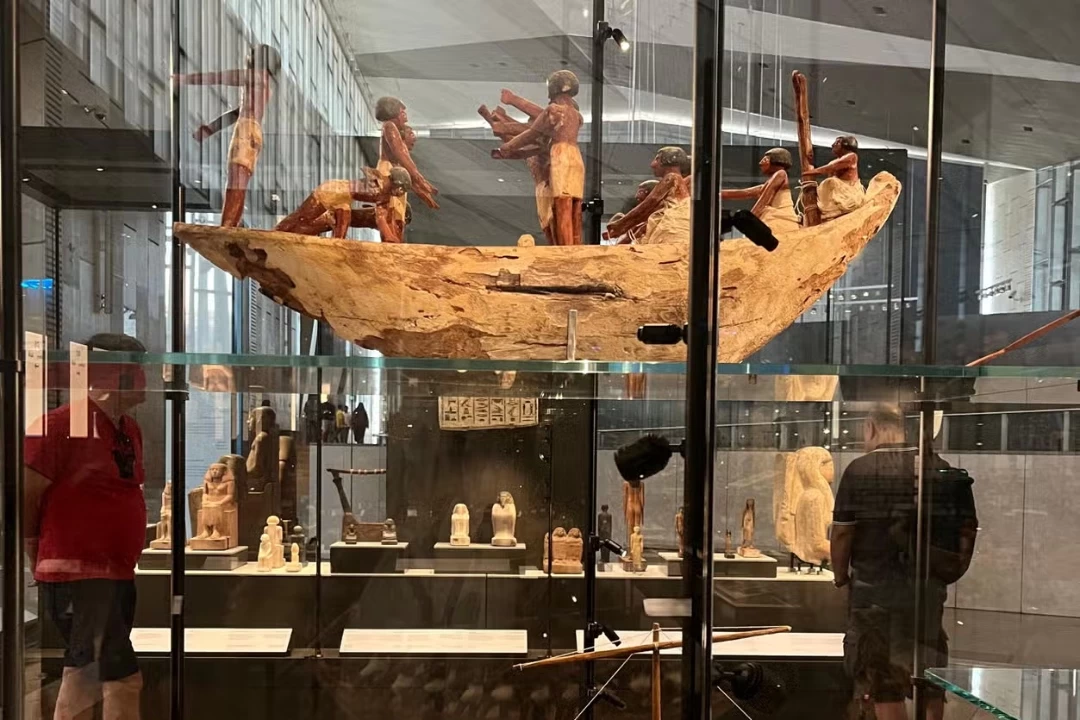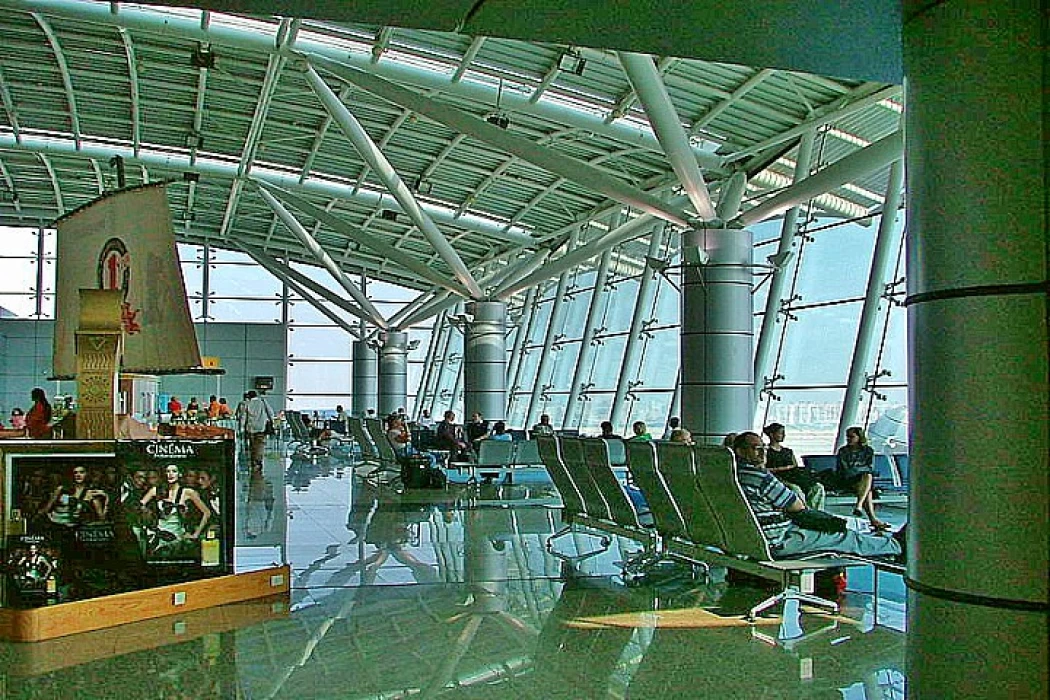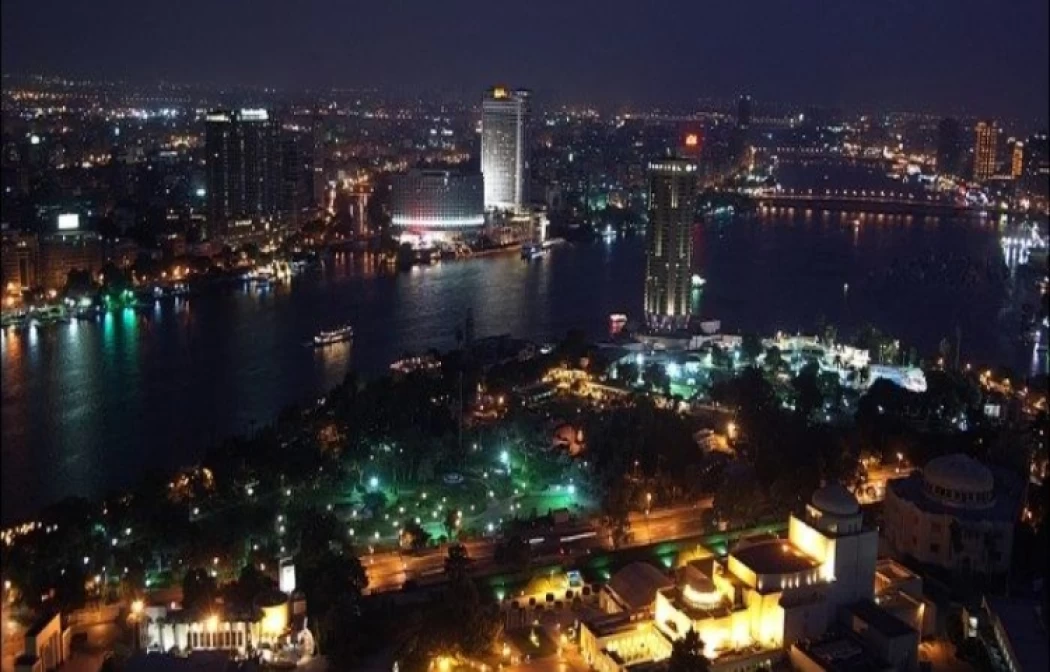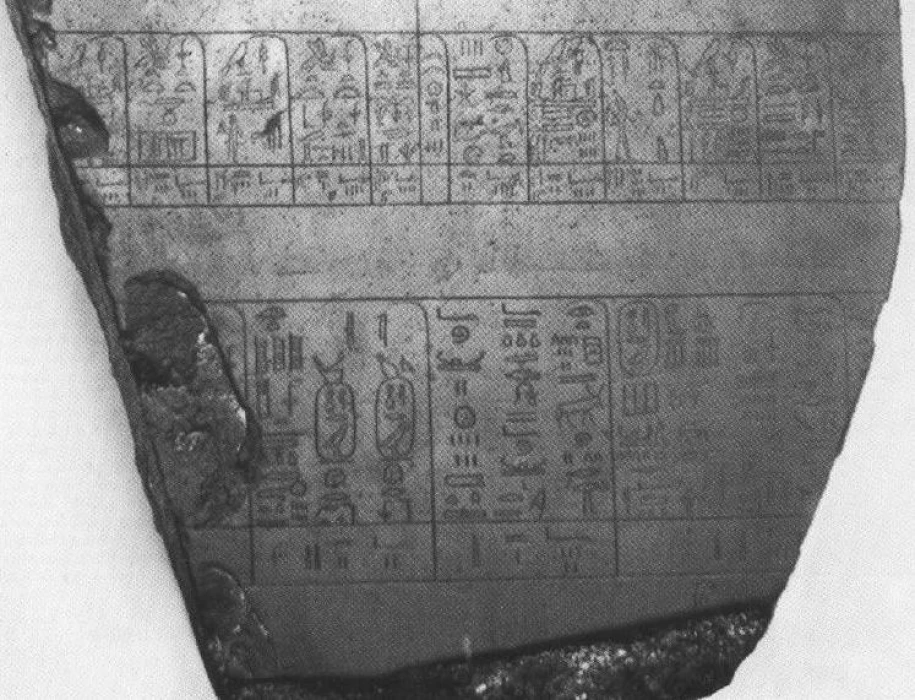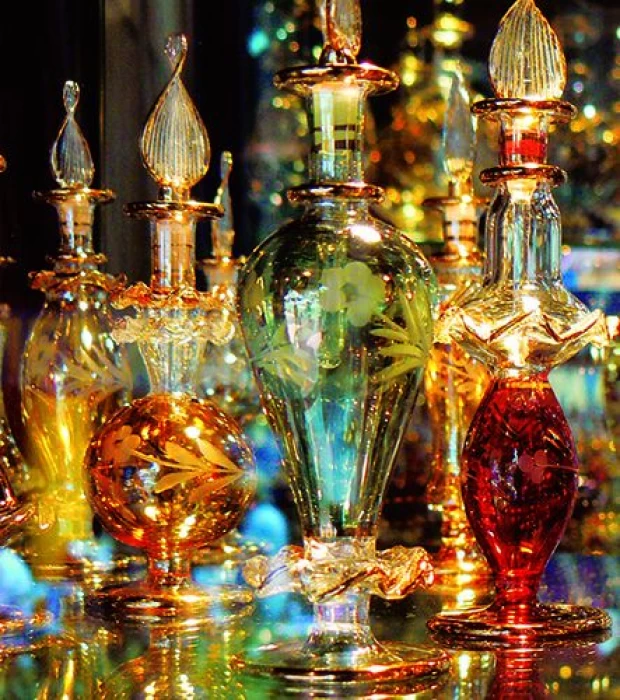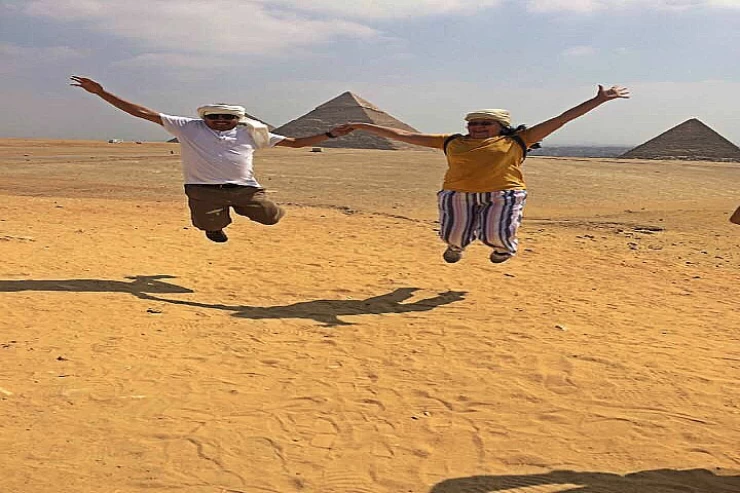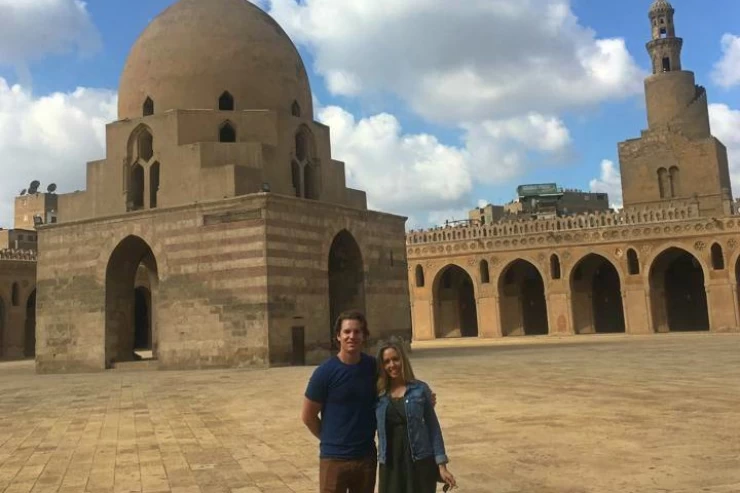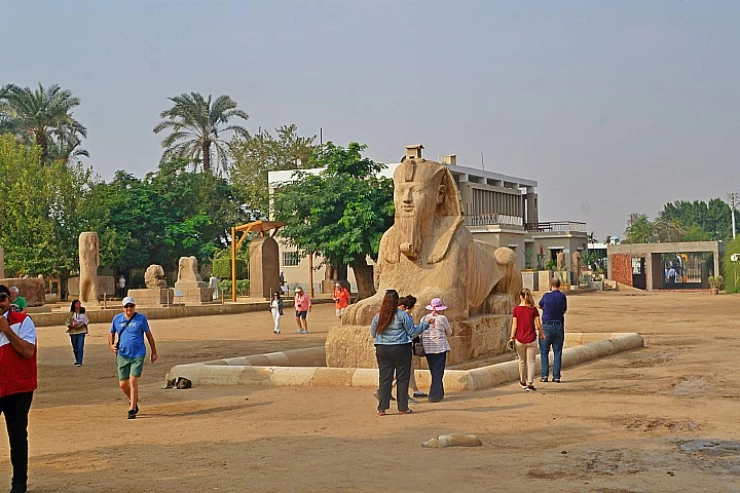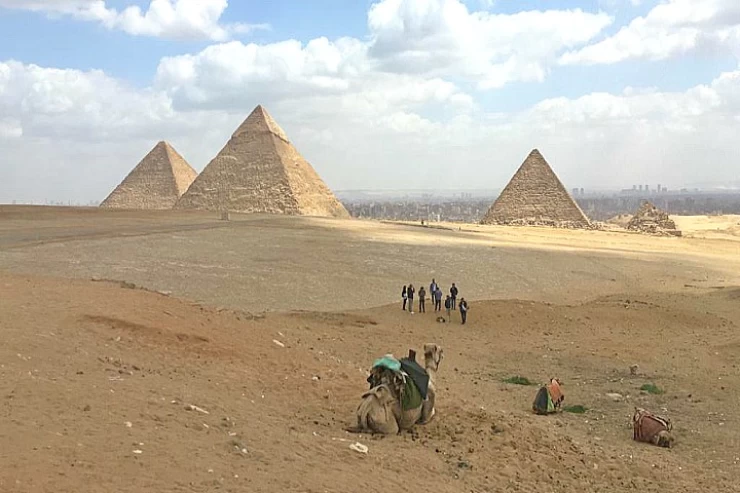Overview
今天,您将前往开罗市中心进行文化之旅,参观位于解放广场的埃及博物馆。
埃及博物馆是世界上最大的考古机构之一。它拥有 13.6 万多件法老时期的文物,储藏室里还有数十万件文物,是收藏古埃及文物最多的博物馆。穆罕默德-阿里-帕夏于公元 1835 年 6 月 29 日下令建立文物局和博物馆。
在法国科学家尚博里翁破译了罗塞塔石碑之后,国际社会对埃及古物产生了浓厚的兴趣。博物馆最初的核心是阿兹巴凯亚古池塘边的一座小房子。1835 年,穆罕默德-阿里-帕夏发布指令,要求对修复的埃及古董进行登记,并将无价之宝转移到阿兹巴凯亚博物馆。 他还让优素福-迪亚-埃芬迪管理博物馆,由里法-阿尔-塔赫塔维负责监督。在穆罕默德-阿里-帕夏(Muhammad Ali Pasha)的指导下,里法-塔塔维(Rifa'a Al Tahtawi)监督了 1835 年埃及文物的登记工作以及将无价文物转移到阿兹巴凯亚博物馆的工作。
跟随开罗顶级旅游公司(Cairo Top Tours)游览开罗,您将度过一段美好时光。
今天,您将前往开罗市中心进行文化之旅,参观位于解放广场的埃及博物馆。
埃及博物馆是世界上最大的考古机构之一。它拥有 13.6 万多件法老时期的文物,储藏室里还有数十万件文物,是收藏古埃及文物最多的博物馆。穆罕默德-阿里-帕夏于公元 1835 年 6 月 29 日下令建立文物局和博物馆。
在法国科学家尚博里翁破译了罗塞塔石碑之后,国际社会对埃及古物产生了浓厚的兴趣。博物馆最初的核心是阿兹巴凯亚古池塘边的一座小房子。1835 年,穆罕默德-阿里-帕夏发布指令,要求对修复的埃及古董进行登记,并将无价之宝转移到阿兹巴凯亚博物馆。 他还让优素福-迪亚-埃芬迪管理博物馆,由里法-阿尔-塔赫塔维负责监督。在穆罕默德-阿里-帕夏(Muhammad Ali Pasha)的指导下,里法-塔塔维(Rifa'a Al Tahtawi)监督了 1835 年埃及文物的登记工作以及将无价文物转移到阿兹巴凯亚博物馆的工作。
跟随开罗顶级旅游公司(Cairo Top Tours)游览开罗,您将度过一段美好时光。
Inclusion
- 开罗或吉萨酒店的接机服务。
- 在开罗游览期间乘坐专用空调车。
- 上述景点的门票。
- 认可的英语导游。
- 开罗一日游期间的瓶装水。
- 开罗购物游(根据要求)。
- 包含所有埃及一日游税费和服务费。
Exclusion
- 行程中未列明的任何额外费用。
- 开罗之旅的价格不含小费。
- 价格在埃及圣诞新年游或埃及复活节游期间有效。
Itinerary
清晨,从您在开罗和吉萨下榻的酒店出发,准备开始首都最令人印象深刻的一次游览。为了确保您享受旅行的每一分每一秒,我们的导游将用私人空调车接送您。
埃及博物馆是中东地区最古老的考古博物馆,也是世界上最大的古埃及文物收藏馆。博物馆最杰出的藏品包括尤亚和托亚的墓葬藏品、博西塞尼斯一世和塔尼斯的宝藏,以及纳尔默绘画,它是上埃及和下埃及统一在一个国王统治下的不朽杰作。该博物馆位于开罗市中心,1902 年由阿巴斯-赫勒密二世国王主持落成,成为开罗的历史地标。这里还收藏着古埃及最精美的文物。除了大量的纸莎草纸、石棺和珠宝收藏,博物馆还收藏了在吉萨高原建造金字塔的著名国王胡夫、哈夫雷和门考尔的精美雕像,使其收藏更具特色。
最后,我们将送您返回开罗的住宿地。
Price
| Number of Persons | Prices |
|---|---|
| 1 Person | $120 Per Person |
| 2 - 3 Persons | $75 Per Person |
| 4 - 6 Persons | $60 Per Person |
| 7 - 10 Persons | $50 Per Person |
Start from : $50
Check Availability
Related Articles
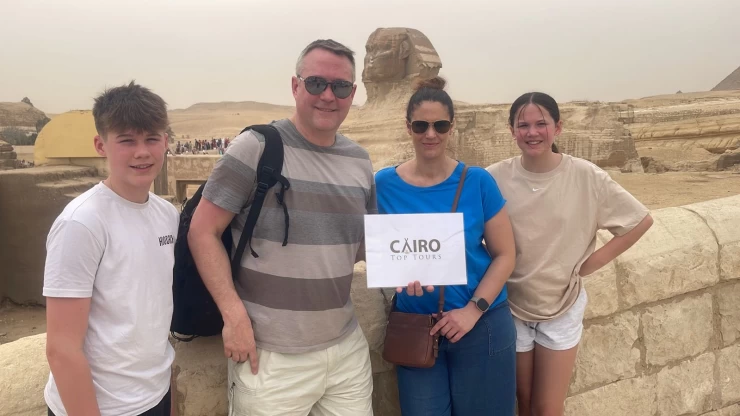
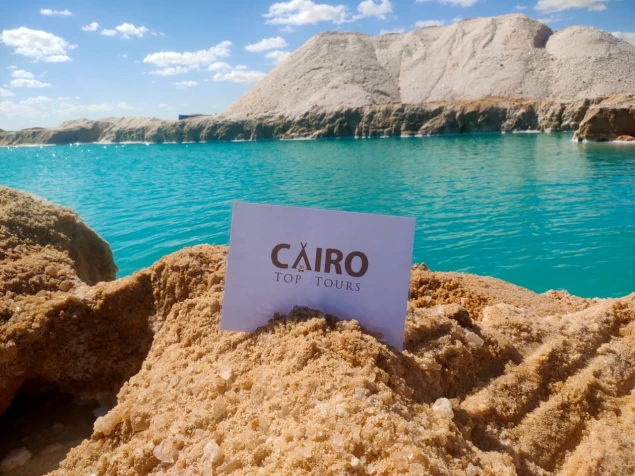
You Also May Like
Looking for something different? check out our related tour now, or simply contact us to tailor made your Egypt tour
吉萨金字塔与新大埃及博物馆开罗之
如果你想访问埃及,开罗是你理想的探索目的地。通过你参观新大埃及博物馆和吉萨金字塔,可以看到古埃及人在建筑艺术方面的神奇技艺。
新大埃及博物馆、科普特古城和伊斯兰开罗之旅
探索伊斯兰开罗宏伟的清真寺,感受开罗老城的历史魅力。深入了解科普特开罗的丰富遗产,这里有著名的地标性建筑和教堂,圣家族曾在此栖息,并拥有独特的圣像。此外,千万不要错过参观开罗新大埃及博物馆(Egyptian Museum)的机会,那里的展品令人叹为观止。
开罗吉萨金字塔、萨卡拉和孟菲斯一日游
在令人叹为观止的旅程中,参观闻名的吉萨金字塔,感叹埃及法老的伟大。在开罗之旅中,您可以探索这座历史悠久的埃及首都,这里到处都是金字塔和古墓,您还可以了解其秘密。
开罗过境游 | 转机休息期间的开罗中转游览
那么穿越时空的新体验又如何呢?我们将从探索伟大的金字塔和观看伟大的建筑艺术开始,您还将发现埃及博物馆的杰出文物收藏。您将在 Khan El Khalili 之旅中享受另一种氛围。
埃及之旅与中东点评
埃及旅游公司收获了大量游客好评,他们在社交媒体账号、TripAdvisor点评和YouTube视频中盛赞我们的预算友好的埃及之旅。
游客们尤其喜爱由专业导游全程陪同的埃及之旅ز从埃及到圣地,导游们生动活泼地讲解每个景点,让旅程充满活力。
埃及之旅如今收获如潮好评,众多游客在社交媒体页面、tripadvior点评及YouTube视频中亲眼见证了我们预算友好的埃及之旅。
在专业导游的陪同下畅游埃及,堪称完美之选。旅程中每处圣地遗迹,导游都将历史生动地呈现在游客眼前,让圣地之旅充满历史韵味。
Egypt is an important country with lots of amazing places to visit. If you want to see all the coolest stuff like the Egyptian Museum, it's a great idea to join a guided day tour. This way, you won't miss any of the most interesting things this country has to offer.
To learn about the history and ancient artifacts of Egypt, you can explore a combination of museums, historical sites, books, documentaries, and online resources. Here are some steps and resources to help you delve into Egypt's rich history and heritage:
Visit museums and historical sites:
The Egyptian Museum (Egyptian Museum of Antiquities) in Cairo is a must-visit. It houses an extensive collection of ancient Egyptian artifacts, including the treasures of Tutankhamun.
Visit historical sites like the Giza Pyramids, the Sphinx, Luxor Temple, Karnak Temple, and the Valley of the Kings to see ancient structures and artifacts in their original settings.
Guided Tours: Consider taking guided tours of historical sites and museums in Egypt. Knowledgeable guides can provide in-depth information and context about the artifacts and their historical significance.
Read books and publications:
There are numerous books and publications dedicated to Egypt's history, archaeology, and ancient artifacts. Look for titles written by renowned Egyptologists and historians.
Consider reading books like "The Oxford History of Ancient Egypt" by Ian Shaw or "Temples, Tombs, and Hieroglyphs" by Barbara Mertz (Elizabeth Peters) for comprehensive overviews.
Online Resources:
Explore reputable websites and online resources that offer information about Egyptian history and archaeology. Websites like the website of the Egyptian Ministry of Tourism and Antiquities and the Egypt Exploration Society provide valuable insights.
Utilize academic databases and research articles for more in-depth studies.
Documentaries and Films:
Watch documentaries and films about ancient Egypt. The BBC series "Egypt" and the National Geographic series "Egypt's Greatest Mysteries" are excellent options.
Online Courses and Lectures:
Consider enrolling in online courses related to Egyptology and archaeology. Universities and platforms like Coursera and edX offer such courses.
Look for lectures and talks by Egyptologists and archaeologists that are available online.
Visit Archaeological Sites:
If you have the opportunity, participate in archaeological digs or volunteer at archaeological sites in Egypt. This hands-on experience can provide a unique perspective.
Join online forums and communities:
Engage with online communities, forums, and social media groups dedicated to Egyptology and ancient history. You can ask questions, share knowledge, and learn from enthusiasts and experts.
Language Learning:
Learning some basic Egyptian Arabic or hieroglyphics can enhance your understanding of ancient Egypt and its culture.
Travel and Immerse Yourself: If possible, immerse yourself in the local culture during your visit to Egypt. Interact with locals, attend cultural events, and explore the country beyond the tourist hotspots.
The Egyptian Museum in Giza, also known as the Egyptian Museum of Antiquities or simply the Egyptian Museum (not to be confused with the Grand Egyptian Museum near the Giza Pyramids), is a renowned institution that holds immense significance in the field of archaeology and Egyptology. Its importance lies in the following aspects:
Historical Significance: The Egyptian Museum is one of the world's oldest and most comprehensive museums dedicated to the preservation and display of ancient Egyptian artifacts. It was established in 1835, making it one of the earliest museums of its kind.
Artifact Collection: The museum boasts an unparalleled collection of artifacts from ancient Egypt, spanning over 5,000 years of history. Its holdings include a vast array of items, such as statues, jewelry, mummies, papyrus scrolls, pottery, and monumental sculptures.
Tutankhamun's Treasures: One of the museum's most famous exhibits is the extensive collection of treasures from the tomb of Pharaoh Tutankhamun. These artifacts, including the iconic golden mask of Tutankhamun, provide a glimpse into the opulence and craftsmanship of the New Kingdom period.
Educational Resource: The Egyptian Museum serves as a vital educational resource for scholars, researchers, and students in the fields of archaeology, Egyptology, and ancient history. Its diverse collection offers valuable insights into the culture, religion, and daily life of ancient Egyptians.
Preservation of Heritage: The museum plays a crucial role in preserving Egypt's cultural heritage by safeguarding and conserving thousands of artifacts. It helps protect these treasures from theft, damage, and deterioration.
Tourist Attraction: As a major tourist attraction in Cairo, the museum draws visitors from around the world who come to marvel at its collection and learn about Egypt's ancient civilization.
Public Engagement: The Egyptian Museum actively engages the public through exhibitions, lectures, workshops, and educational programs. It promotes understanding and appreciation of Egypt's rich history and culture.
Research and Study: Scholars and researchers have access to the museum's extensive archives and collections for academic study and research purposes.
Cairo's Cultural Heritage: The museum is an integral part of Cairo's cultural landscape and contributes to the city's reputation as a hub of historical and archaeological significance.
Legacy: The Egyptian Museum's legacy extends beyond its walls. It has inspired generations of Egyptologists and archaeologists and continues to influence the study of ancient Egypt.
The Egyptian Museum in Cairo is one of the most popular tourist attractions in Egypt, and the best time to visit can depend on your preferences and priorities. Here are some considerations for choosing the best time to visit:
Early Morning (Opening Time): Visiting the Egyptian Museum early in the morning when it opens is often the best time to avoid crowds and have a more peaceful and enjoyable experience. The museum can get busy later in the day, so being one of the first visitors when it opens can give you a more tranquil and less crowded visit.
Weekdays: Weekdays, especially early in the week (Sunday through Wednesday), tend to be less crowded than weekends. If you can, plan your visit for a weekday to avoid larger crowds.
Off-Peak Season: Egypt has a peak tourist season, typically from late October to early April, when the weather is milder. During this period, the museum can be busier. To avoid the crowds, consider visiting during the shoulder season (late April to early June and late September to early October) or the summer months (though it can be very hot).
Avoiding Public Holidays: On public holidays and during special events, the museum can get exceptionally crowded. Check the Egyptian holiday calendar and try to plan your visit during non-holiday periods.
Late Afternoon: If you prefer a quieter experience but can't make it in the morning, consider visiting in the late afternoon. Many tourists tend to visit earlier in the day, so the museum may be less crowded in the late afternoon.
Guided Tours: Joining a guided tour can help you navigate the museum efficiently and provide you with expert insights into the exhibits. Some guided tours offer skip-the-line access, which can save you time.
Ramadan Considerations: During the Islamic holy month of Ramadan, the museum's hours of operation may be adjusted, and some exhibits or services might be affected. It's advisable to check the schedule and plan accordingly.
Plan Ahead: Regardless of the time you choose to visit, it's a good idea to plan your visit in advance. Know which sections or exhibits you want to see, and consider purchasing your tickets online to save time at the entrance.
Opening hours vary from business to business, but here’s a rough guide: offices will open from 9 a.m. to 6 p.m. or longer from Saturday to Thursday, depending on the type of business. Major banks are open from 9 a.m. to 2:00 p.m. Restaurants tend to stay open until around 12 p.m., while bars and clubs will close during the daytime, with plenty of them operating all night, particularly in popular nightlife hubs.
Popular day tours in Cairo often include visits to the Giza Pyramids, the Egyptian Museum, the Khan el-Khalili market, and other historic sites within the city.
Yes, when visiting archaeological sites in Egypt, there are certain restrictions and guidelines that tourists should be aware of to ensure a respectful and enjoyable experience.
- Respectful Behavior.
- photography and videography.
- Restricted Areas.
- Guided Tours.
- Restricted Items.
- climbing and accessing structures.
- Security Measures.
- Cultural Sensitivity.
The museum's collection includes statues, jewelry, mummies, and other artifacts from ancient Egypt. Highlights include the golden mask of Tutankhamun, the mummy room, and the royal mummy collection.
A Half-Day Tour to the Egyptian Museum is a guided excursion that allows visitors to explore one of the world's most significant museums dedicated to ancient Egyptian artifacts and treasures. The Egyptian Museum, located in Cairo, Egypt, houses an extensive collection of artifacts, including mummies, statues, jewelry, and other archaeological finds from ancient Egypt.
The Egyptian Antiquities Museum and the Luxor Museum now allow non-flash photography, as stated by PerpetualStudent86. You cannot take pictures in the Royal Mummy Rooms or the Tutankhamun Gold Room without a special ticket


Cairo Top Tours Partners
Check out our partners

